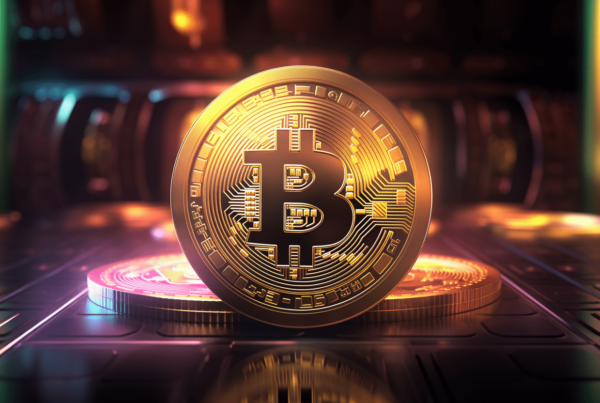Decentralized finance (DeFi) has been one of the most exciting areas of innovation in the cryptocurrency space in recent years. DeFi is a broad term that encompasses a wide range of financial services and applications built on blockchain technology, which allows for trustless and permissionless financial transactions.
One of the most promising and rapidly developing areas of DeFi is the world of decentralized exchanges (DEXs). Decentralized exchanges are platforms that allow users to trade cryptocurrencies without relying on a centralized authority to facilitate the transactions. Instead, transactions are processed through a decentralized network of nodes, providing a more secure and transparent way to trade cryptocurrencies.
One of the most popular decentralized exchanges is Uniswap, which operates on the Ethereum blockchain. Uniswap has gained significant traction in the DeFi space due to its unique automated market maker (AMM) system, which allows for decentralized and permissionless trading of Ethereum-based tokens.
AMMs work by creating a liquidity pool for a particular cryptocurrency pair, such as ETH/USDT. Liquidity providers can then deposit equal amounts of each cryptocurrency into the pool and receive a portion of the trading fees as rewards.
Uniswap’s AMM system has become increasingly popular due to its ability to enable low-cost trading without requiring a central authority. However, it also has some limitations, such as high gas fees and the inability to offer limit orders or stop-loss orders.
To address these limitations, several new decentralized exchanges have emerged with different trading models. For example, SushiSwap offers a community-driven approach to governance and liquidity provision, while PancakeSwap operates on the Binance Smart Chain and offers lower fees and faster transactions.
Despite the rapid growth and development of decentralized exchanges, they still face several challenges, including liquidity fragmentation and regulatory uncertainty. However, as the DeFi ecosystem continues to mature and evolve, decentralized exchanges are likely to play an increasingly important role in the future of finance.
In summary, decentralized exchanges are a promising area of innovation within the DeFi space, offering a more secure and transparent way to trade cryptocurrencies. With the continued development of new platforms and trading models, decentralized exchanges are poised to disrupt traditional finance and usher in a new era of decentralized finance.




